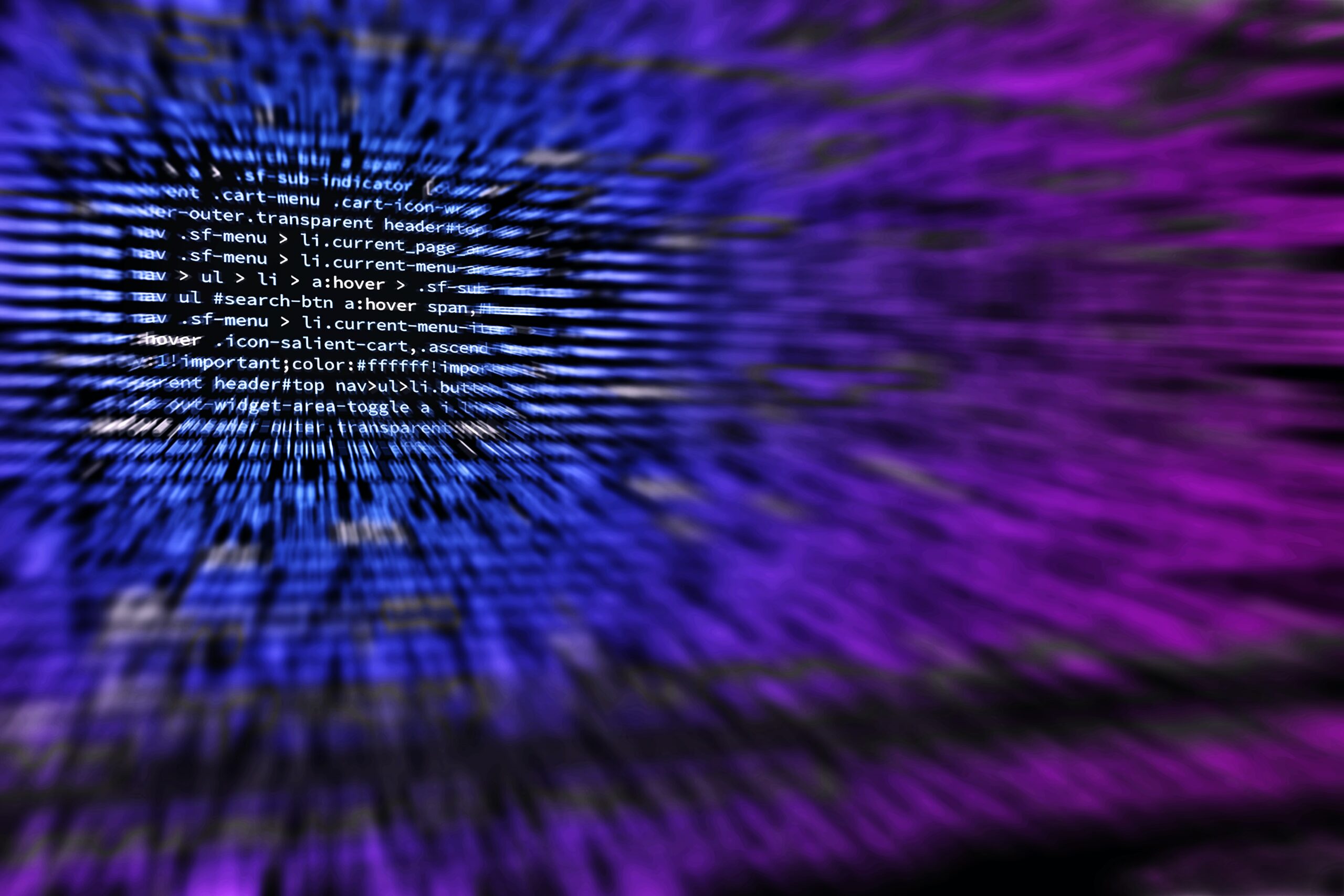UCD is developing a university-level policy to deal with the advancement and rising presence of AI. This is yet to have been published and individual schools within UCD are developing their own policies to deal with the impact AI will have on assessment.
UCD has yet to publish an official university policy on the use of AI which has left each individual school to deal with the issue themselves. A university-wide AI policy is reportedly being developed but it is yet to be published and this has left a gap that schools across UCD are attempting to fill by developing their own individual strategies.
UCD however has provided a brief guide to faculty on what AI is and how it might be circumvented in assessments. This guide has not prevented schools from feeling the need to develop their own approaches to the issue.

Several schools have taken a proactive approach to adapting to the presence of AI in university such as in the School of Science where there are discussions ongoing as to how AI may be integrated into assessments such as getting students to analyse AI responses. This approach is being mimicked across several schools.
School AI Responses:
Separately in the School of Philosophy, an extensive policy of “defensive strategies” to deal with possible AI cheating is being made available to staff to allow them to adapt their assessments to deal with AI. This policy reflects the current capabilities of AI and its limitations and is an “immediate term” response to the challenges thrown up by potential AI cheating.
These strategies within the policy range from using Oral examinations to only allowing certain students who have demonstrated “ability and motivation” to write essays as part of their module grade. Other students would be required to do two in-person exams (as opposed to 1 essay and 1 exam). The policy is practical, suggesting solutions such as requiring references to in-class discussions.
Included within the policy is the acknowledgment that it is to be left up to individual module coordinators to decide how best to assess their students in conjunction with the presence of AI, this reflects the fact that modules have different requirements but is also likely to lead to a wide array of different approaches and rules to the use of AI. As well as a greater variety of assessment types.
The chair of Digital Rights Ireland, UCD Law School Associate Professor TJ McIntyre expressed the need for a “reasonable and proportionate” response, which “shouldn’t involve invasion of privacy (such as invasive online proctoring) or fallible tools such as AI ‘detection’ software which is likely to result in false accusations.”
The Chair of Digital Rights Ireland, UCD Law School Associate Professor TJ McIntyre when asked to comment on the upcoming university policy said, “It is key that responses to AI use are reasonable and proportionate, so shouldn’t involve invasion of privacy (such as invasive online proctoring) or fallible tools such as AI ‘detection’ software which is likely to result in false accusations”
The Students’ Union is aware of the ongoing development of a campus-wide AI policy and has advised that they will continue to support students who are accused of plagiarism through the relevant processes.
Other universities across Ireland are also adapting their assessment strategies to counteract AI such as in Dublin City University (DCU) where oral exams are expected to become more commonplace. Maynooth University (MU) is upgrading its AI detection software and establishing a working group to advise the university going forward. University College Cork (UCC) and Trinity are making training courses available to their teaching staff which educate staff as to the opportunities and dangers posed by AI. On top of this UCC will commence educating students in September as to how the use of AI fits in with academic integrity.
The anticipated UCD-wide policy on the use of AI will provide clarity as to what the standard approach will be on campus, but it seems clear that as AI develops further it is likely that all these policies will themselves have to develop in an attempt to maintain a standard of academic integrity that will and is being threatened.
Stéphane de Bairéid – Reporter

